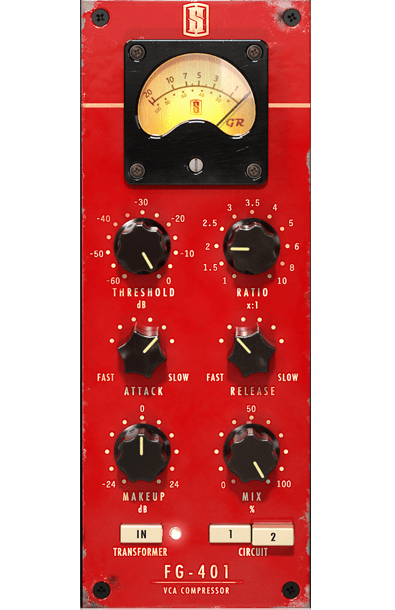

So, start with the Standard version and then upgrade to Suite later on if you feel the need. Suite is worth the money, but you can always upgrade from Standard when you feel ready. I recommend avoiding Intro (it’s severely limited and you’ll grow out of it quickly).

If you hate the interface of one, try another. Some DAWs don’t offer trials, but Ableton and FL Studio do.
#Slate vbc vs cytomic the glue trial#
Instead of spending hours upon hours researching which DAW to use (that includes reading this guide, by the way)-download a trial version of a DAW and start playing with it. Just goes to show that all these DAWs have the potential to output great music (if the user is skilled). I thought the way to get there was to use the same DAW as them.įor every full-time, successful artist that uses Ableton Live-there’s another one that uses FL Studio, or Logic. Specifically, I was trying to find which artists used FL Studio and who used Ableton.Īfter all, I wanted to be like my favorite artists. When I was starting out as a producer, I had one burning question…

Your DAW is only as good as the time and effort you put into making music. It’s not going to be the “one thing” that increases the quality of your music tenfold. The DAW you choose is not going to make or break your career as an artist. That’s what they’re designed for.Īnd unless you’re making ultra-complex or highly-technical music (in which case you wouldn’t be reading this guide), then you shouldn’t have any issues with any of the big 3.Ībleton Live, Logic and FL Studio. Here’s the thing: most popular DAWs can do everything you need and more. A lot of new producers and musicians who are looking to purchase a DAW worry about whether it will meet their needs.


 0 kommentar(er)
0 kommentar(er)
